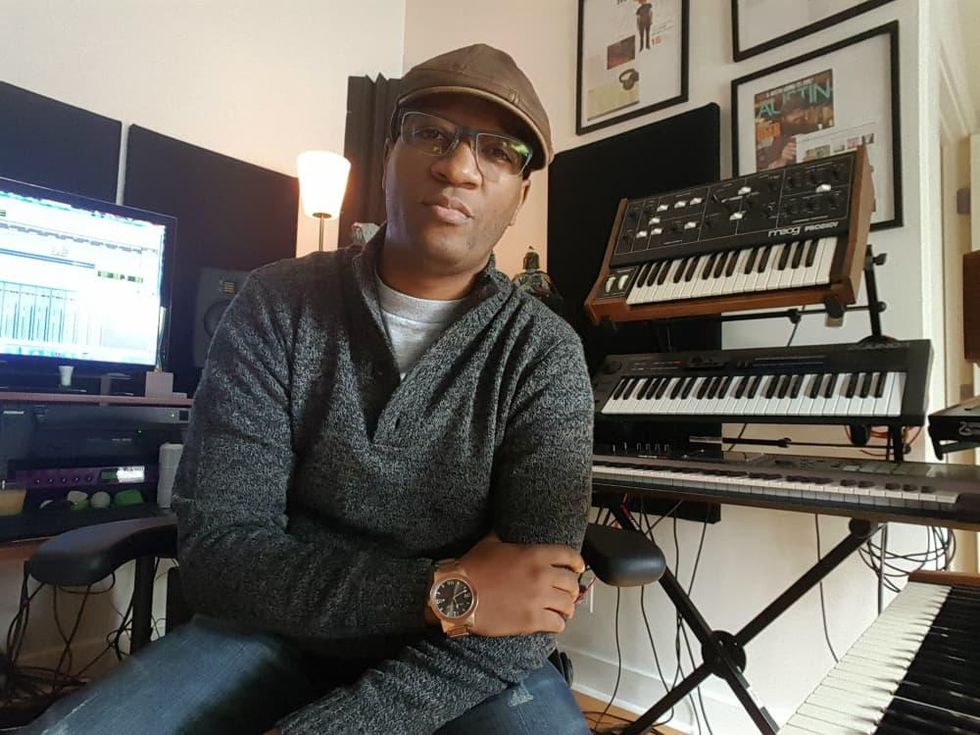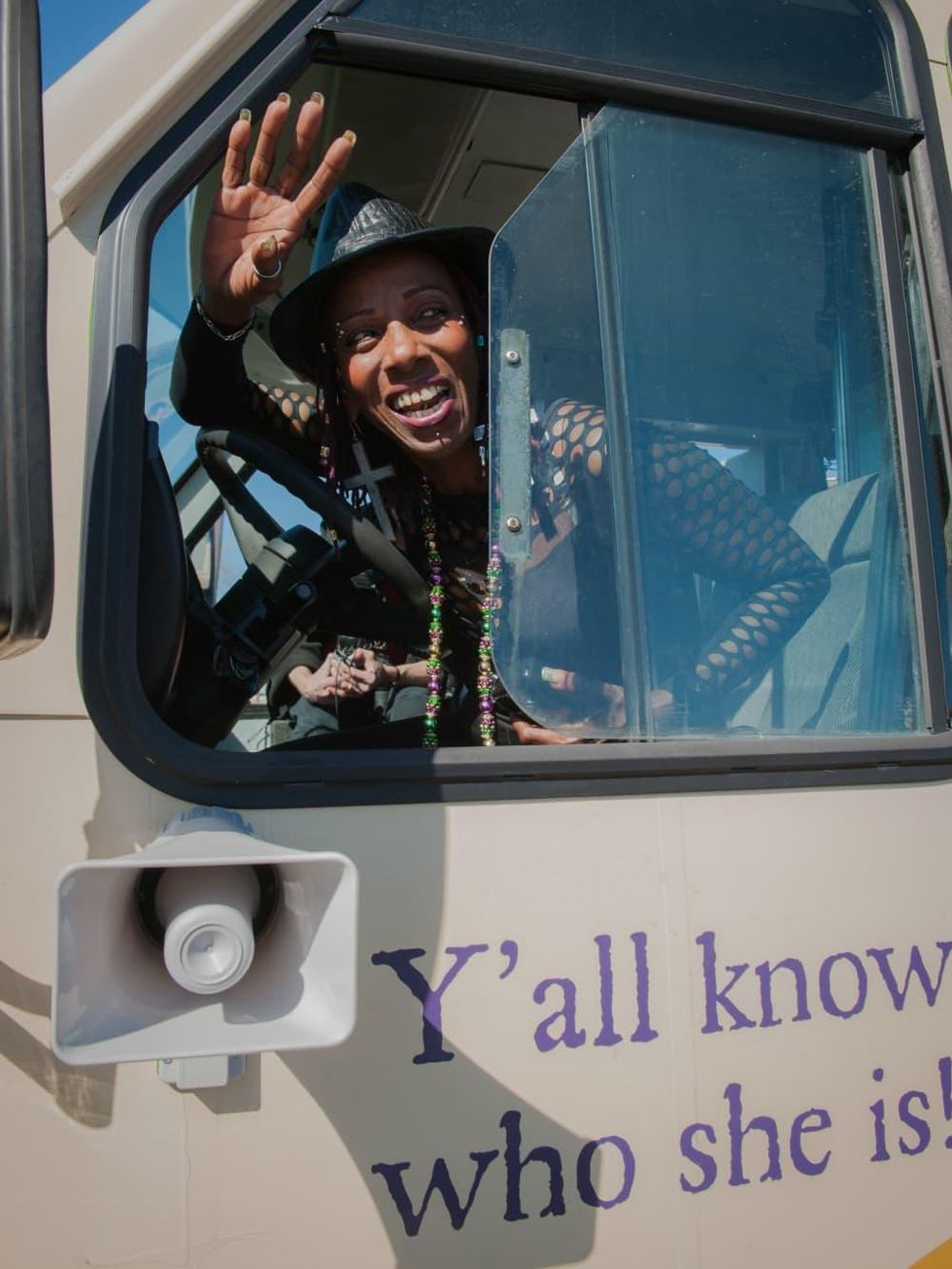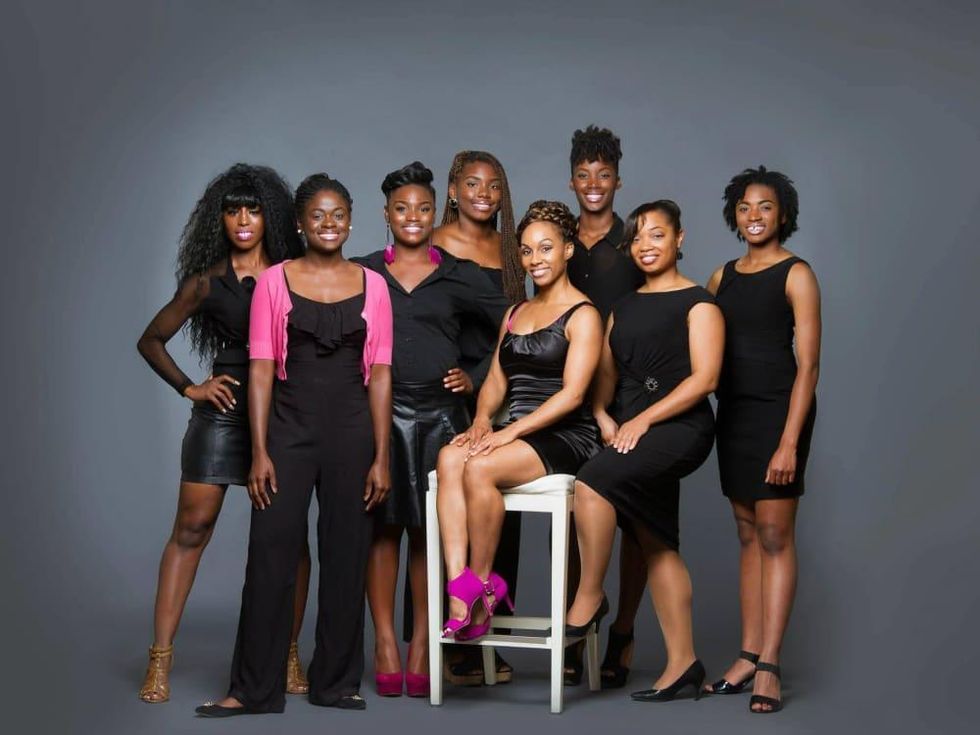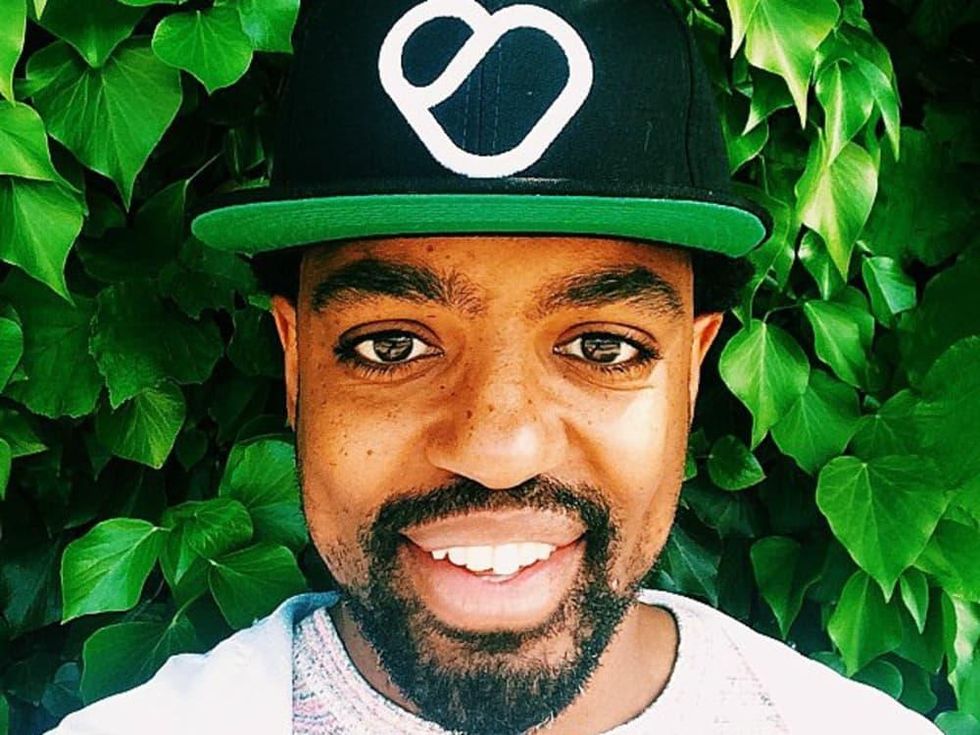Black Entrepreneurs
5 influential black entrepreneurs every Austinite should know about
Since the recent uptick in the success of black entrepreneurs in Austin, business has continued to boom for several homegrown brands. It is evident that Austin’s economic future is a bright one, sprinkled with a variety of dreamers and entrepreneurs.
Austin may not have the massive black-owned business representation seen in other major Texas cities, but it’s certain that Austin is a gold mine for black entrepreneurship. We caught up with some of the city's top black-owned businesses to get insight on what makes their companies thrive.
Tony Smith, Jarvis Boards
A transplant from Houston, Tony Smith says Austin’s outdoor culture has helped propel his brand of handmade paddle boards to the forefront of the sporting goods industry. The birth of Jarvis Boards came after Smith left his job in the financial private sector and started a new hobby.
“I got into surfing and standup paddling and I started to get curious about how to make them for myself,” Smith says. With the help of a how-to manual, Smith started handcrafting beautiful wooden paddleboards that were as functional as they were eye-catching for the adventurer in all of us.
Smith says being a black entrepreneur has aided in his brand’s success through the immense support he’s received from the local community. Though the brand may be local, there’s talk of expanding production to major retail sporting goods stores in the near future. “I really want to inspire people to go outside and I always want to strive for perfection,” Smith says. “The people of Austin have inspired me to keep growing. I don't think Jarvis Boards would exist if it wasn’t for this city.”
China Smith, Ballet Afrique
When the owner of contemporary dance studio China Smith saw a lack of black arts representation in Austin, she immediately acted. Smith opened the city’s first dance studio of its kind devoted to building understanding, inspiration, and appreciation for the cultures and experiences of the African Diaspora. Since its beginnings with just 12 students in 2008, Ballet Afrique has become a booming business, serving more than 112 families and boasting a 100 percent program completion rate.
An East Austin native, Smith believes the city is a hotbed of potential for black entrepreneurs. “I think Austin is an ideal city for black entrepreneurs because there is still a lot of room left to blaze trails and make new paths to fit our community’s needs,” she says.
While Ballet Afrique is first and foremost a place for cultural appreciation through dance, Smith says the true impact of the company is much more. “Although dance is what I do with these kids, this organization is about building entrepreneurs,” she says. “My objective is to develop the mind of my students to thinking and believing that anything is possible as well as providing them with opportunities. Opportunities then lead to success and power.”
Terrany Johnson, Urban Artist Alliance
After making a name for himself in the local music industry under the moniker “Tee Double,” Terrany Johnson established the Urban Artist Alliance to better connect and equip urban musicians for success.
“Urban Artist Alliance fills a void in the music community where there was no place for urban artists to receive genre-specific education and consultations on their craft before,” Johnson says. “We focus on how artists can become business people and create sustainable revenue streams that will last well beyond the lifespan of an album.”
As a native Austinite, Johnson says he has seen the growth of Austin firsthand and believes the city is teeming with opportunities to advance dreams with proper guidance and work ethic. For black entrepreneurs specifically, he believes Austin serves as a city for self-creation and success. “In my view, Austin is an ideal city for black entrepreneurs because there is no standard for what a black entrepreneur has to be,” Johnson says. “We can define our own image and economic structure, go against the rules, and think out of the box while staying competitive in the city’s growing markets.”
Joah Spearman, Localeur
Joah Spearman, along with co-founder Chase White, has revolutionized the way millennials experience travel through a one-stop recommendation website and mobile app. With the click of a few buttons on Localeur, travelers get insider tips about how to truly experience major cities across the country from a local expert.
Spearman says that the creative and supportive climate of the city helps foster business development, making it a city full of potential. “What you’ll find here is a city that loves the people who continue to push toward their goals even when there isn’t necessarily a group or a large community of other people focused on doing the same thing or fixing the same problem.”
Since its launch at SXSW in 2013, Localeur has expanded to other major metros including Miami, Washington, and New York. Localeur’s trajectory of success is continuing strongly as his team works to expand internationally. Aside from business goals, Spearman has his sights set on influencing Austin’s development into a major city. “I want to be a leader, a black leader, in tech who creates jobs, fosters good local businesses, and supports this city’s continual evolution and growth process.”
Lola Stephens, Nubian Queen Lola’s
When you ask Lola Stephens, owner of east side staple Nubian Queen Lola’s, how she got the idea to start a Cajun soul food restaurant, she’ll tell you it was sparked by faith and faith alone. “The first thing that makes this place so unique is knowing without a shadow of a doubt that God had his hand in it,” she says. “God gave me a vision to pray for a restaurant and my dream flourished from there.”
Stephen’s eatery has become an icon of the resilience of East Austin’s black business climate. Though the numbers have dwindled, black owned businesses like Nubian Queen Lola’s have helped tell the story of a unique neighborhood’s history and importance.
Since opening in 2004, Stephens has fed thousands who have come through her restaurant’s front door. When she’s not serving the best Cajun-spiced burgers or classic seafood dishes, Stephens serves the homeless community by providing meals and a place of worship. Recently, Stephens' efforts were recognized by Tyson Foods, who gifted her a bus equipped with features to further her mission of feeding the hungry.
She says her entrepreneurship of more than a decade is as alive and well as it's always been. “The opportunity was wide open for me 10 to 12 years ago,” Stephens says. “I think black entrepreneurs just have to take that leap of faith and stretch out to reach those opportunities.”
Entertainer and businessman Terrany Johnson established Urban Artist Alliance to better connect and equip urban musicians for success.





